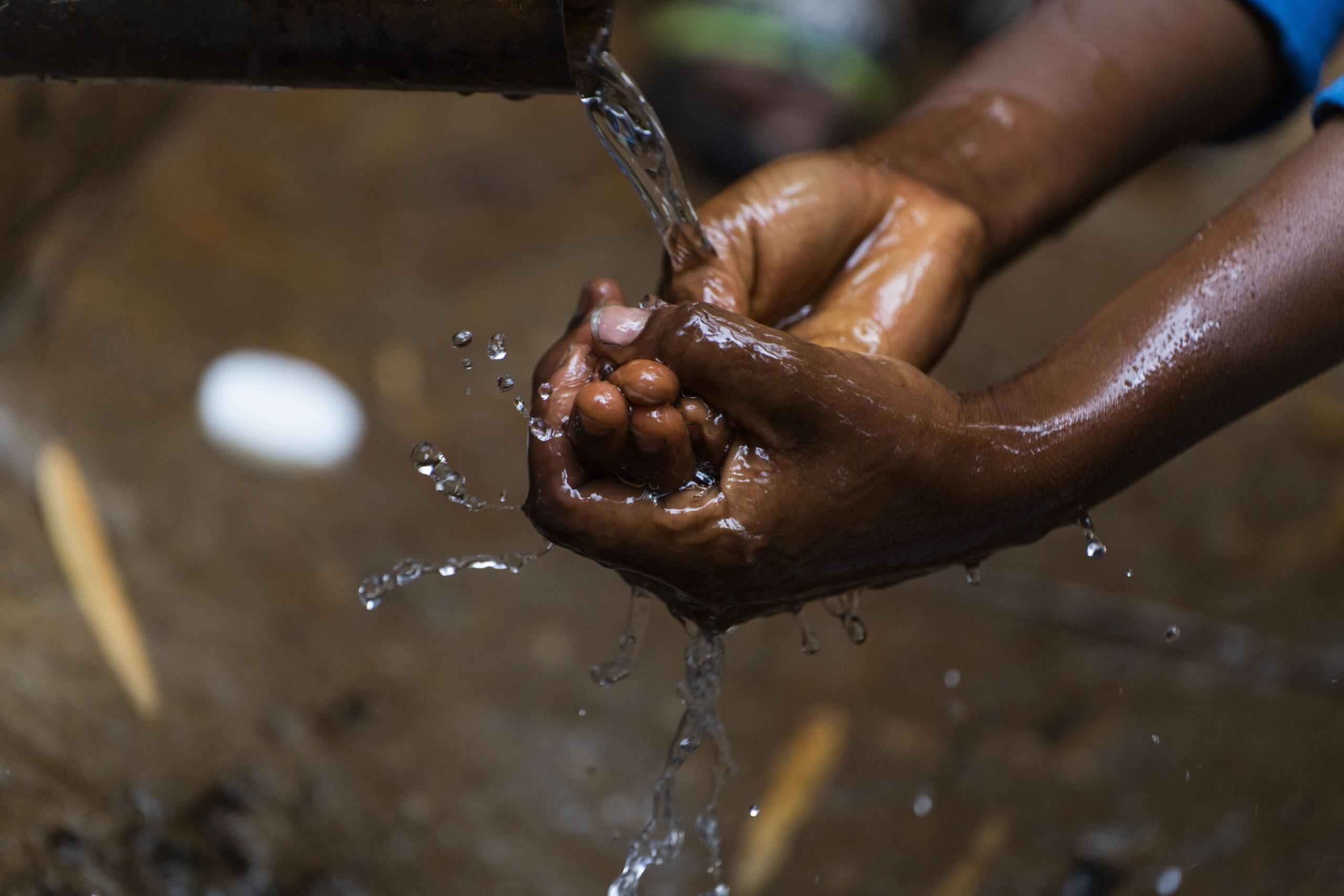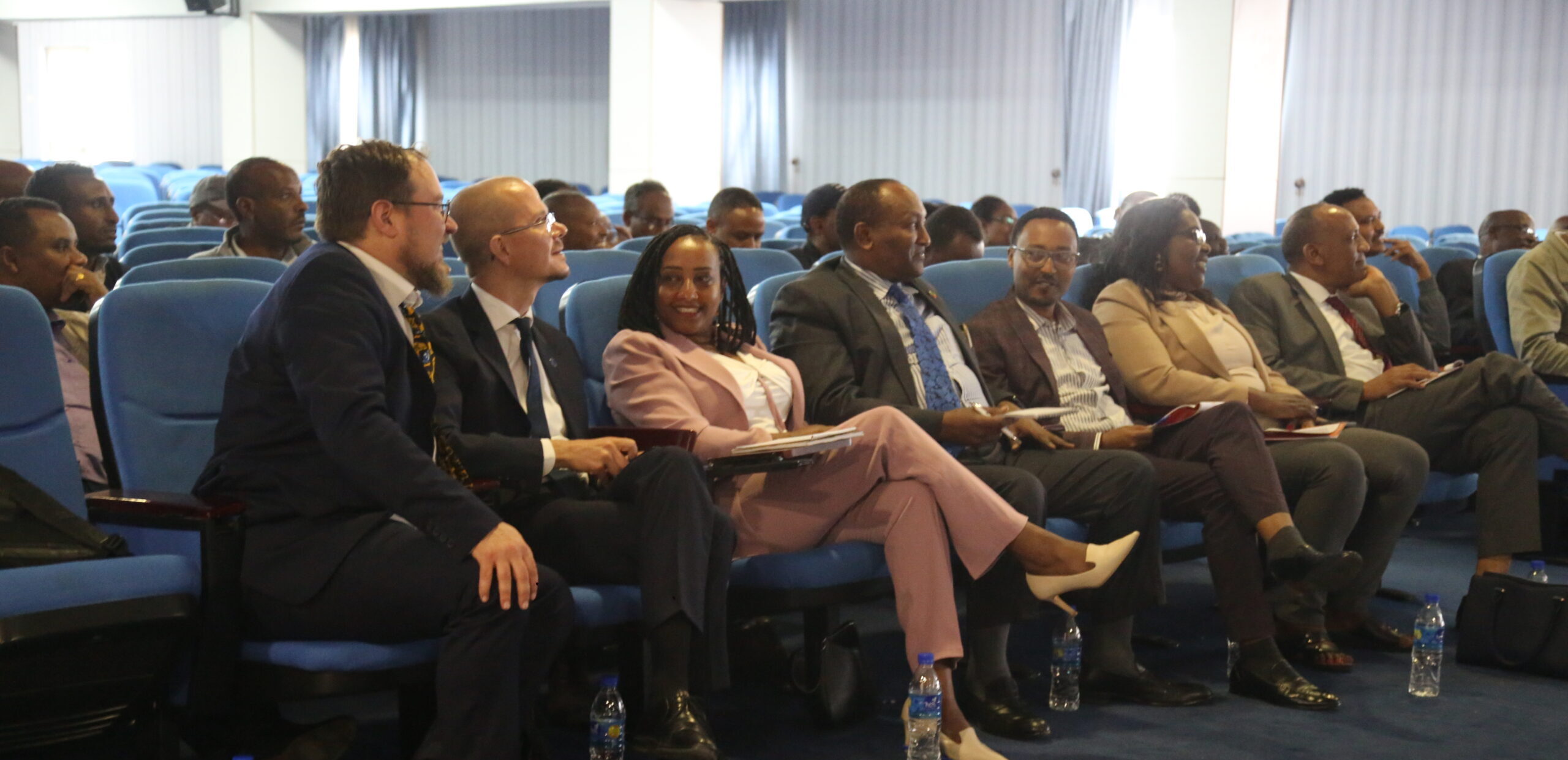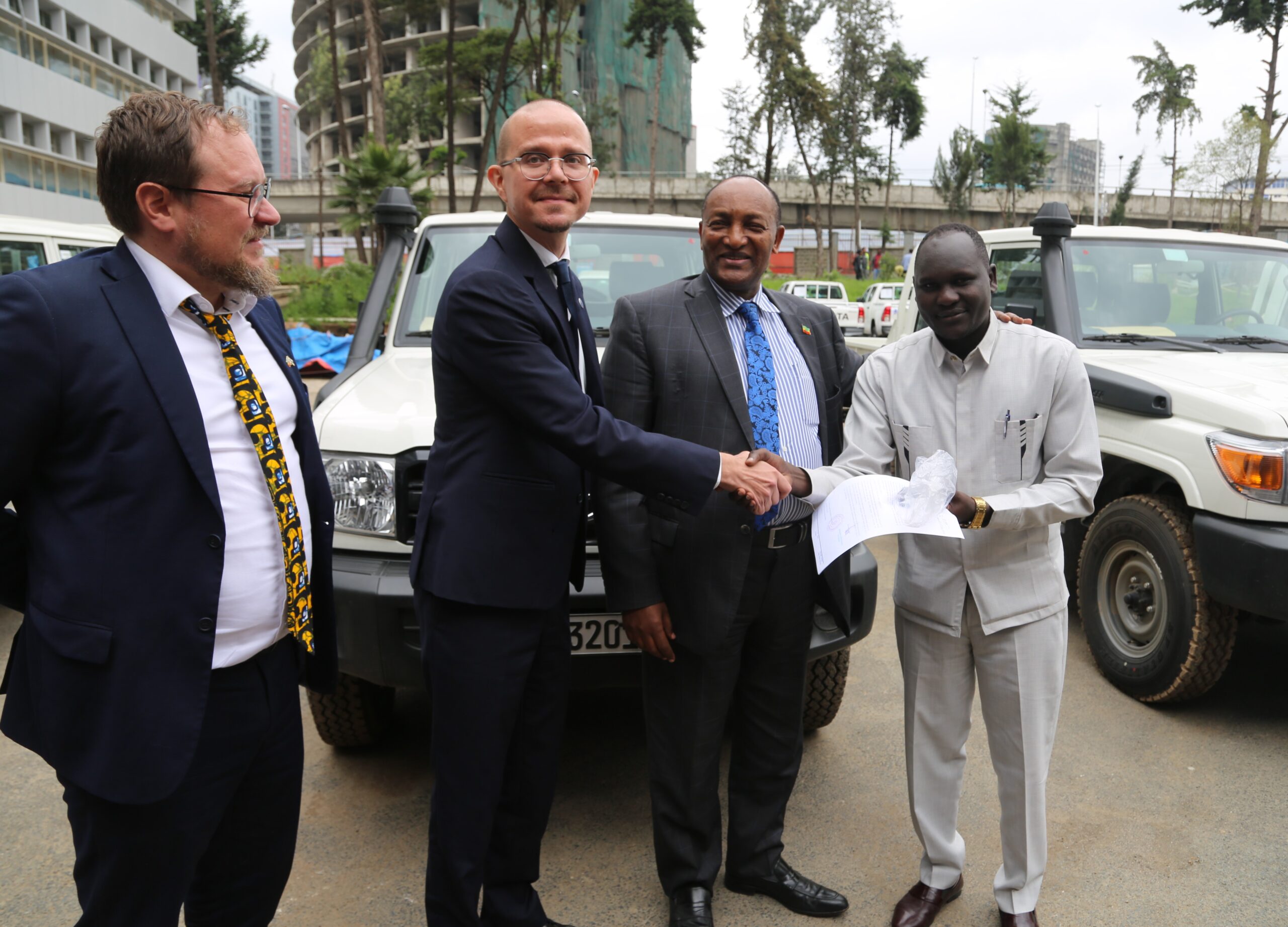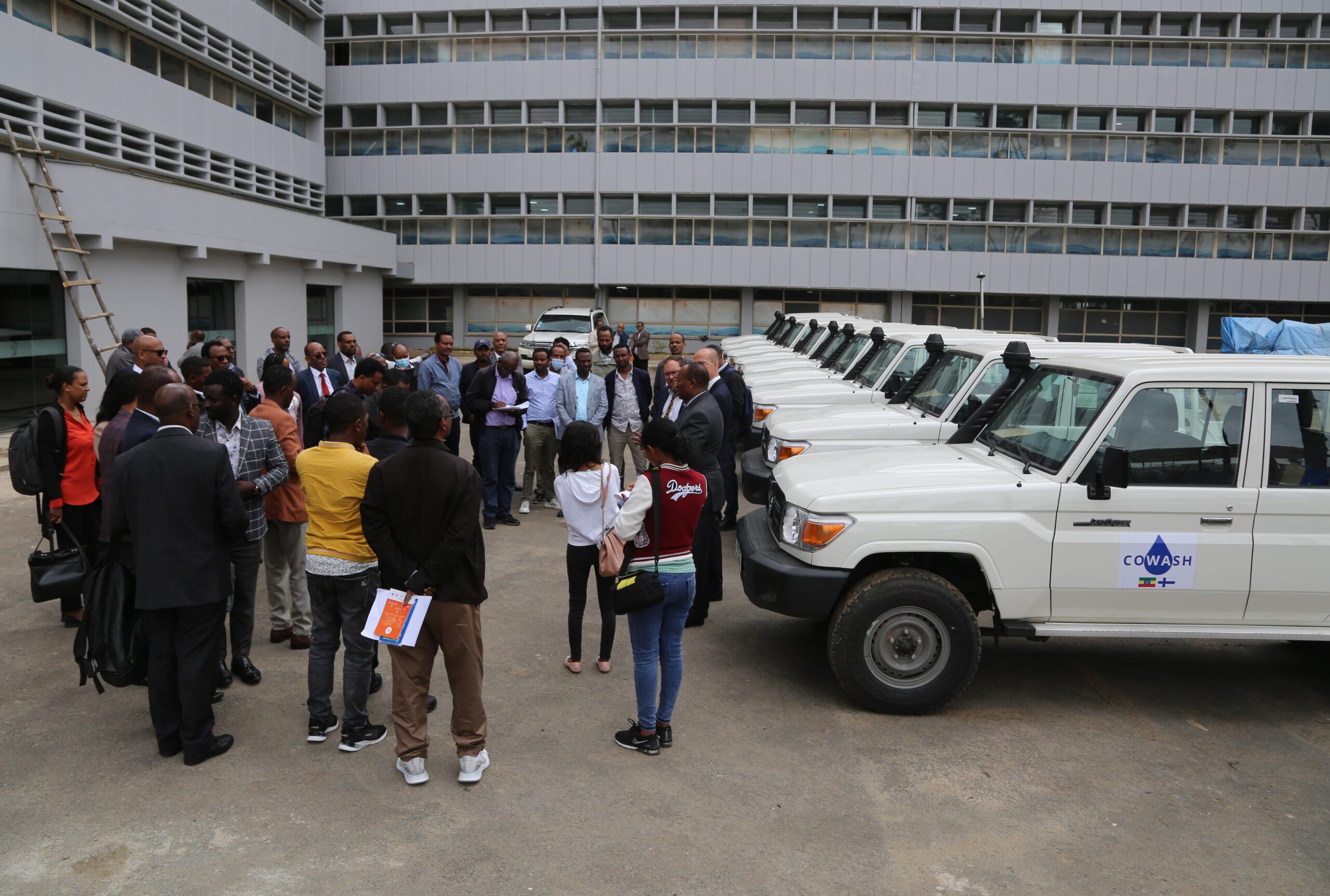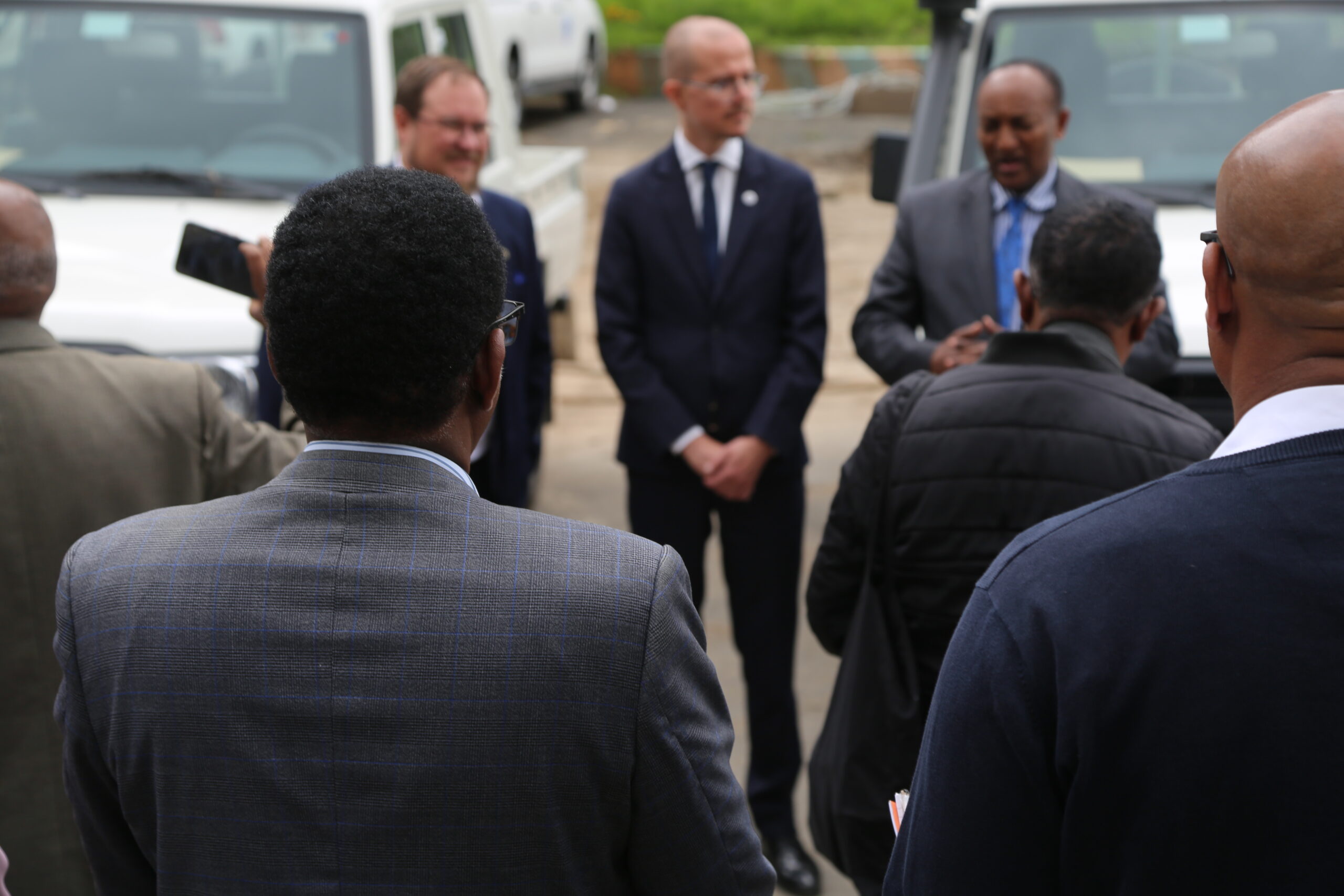COWASH IV holds critical Core Planning Meeting for the last Ethiopian Fiscal Year of the project
The COWASH IV, a project focused on improving water, sanitation, and hygiene (WASH) access in eight regions of Ethiopia, held its annual core planning meeting for the Ethiopian Fiscal Year (EFY) 2017 from April 23 to 24, 2024, in Arba Minch. This meeting served as the final planning session for COWASH IV, making it a critical juncture to solidify plans and address remaining tasks before this phase of the project concludes in EFY 2017.
Around 70 participants attended the workshop, including staff from all eight project regions’ Regional Support Units (RSUs), Regional Bureaus of Water (BoW), the Federal Technical Assistance Team (FTAT), representatives from the Ministry of Education (MoE), Embassy of Finland in Ethiopia (EoF) and the Ministry for Foreign Affairs of Finland (MFA). Notably, Water Sector Advisor from MFA, Jukka Ilomäki, and Water and Agricultural Growth Advisor from EoF, Gezahegn Alemu, were present. The workshop’s primary objectives were to assess COWASH IV’s performance during EFY 2016 and to establish a concrete plan for EFY 2017.
Neil Chadder, COWASH IV’s Chief Technical Advisor, commenced the meeting by outlining recent developments and critical issues requiring attention within the upcoming year’s plan. Subsequently, each RSU presented progress reports covering the past nine months of EFY 2016. Following these presentations, discussions ensued on overcoming challenges, achieving targets, and outlining the path forward.
Lewam Abebe, School WASH Project Management Unit coordinator at Ministry of Education also presented on the Education Sector School WASH Program and the Ministry’s initiatives, further strengthening collaboration across sectors. Additionally, Paulos Basazenew, a COWASH IV Finance and Audit Support Consultant, provided briefings on internal audit, and Gezahegn Alemu, offered insights from the EoF’s perspective.
The FTAT led presentation and discussions on the planning template where data management and achieving established goals were central themes of these discussions. The final day centered on core planning, with FTAT members outlining the EFY 2017 planning focus areas for each region. Each RSU then convened for dedicated team-based planning sessions.
In addition to the workshop, Sinikka Antila, Ambassador of Finland to Ethiopia and African Union, held a fruitful side meeting with RSU team leaders, and representatives from the MoE and BoWs on the second day, highlighting the ongoing collaboration between COWASH IV and the Finnish government.
Valuable Inputs and Strengthened Collaboration
Participants highlighted the value of the workshop in facilitating collaboration, knowledge sharing, and thorough planning. The workshop provided clear explanations on the planning process, ensuring a comprehensive and inclusive approach that avoids any missed areas in the final plan, said Meaza Kebede Gender and Disability Inclusion Specialist at COWASH IV. Temesgen Buzuayehu, a CMP specialist from the Central Ethiopia RSU team, highlighted the valuable insights gained for planning in the last EFY of the COWASH IV. Similarly, Desalegn Kirose, RSU Team Leader from Tigray, appreciated the workshop’s role in enhancing planning and collaboration. “The workshop equipped us with valuable knowledge and facilitated thorough preparation for planning,” he said.
Emphasizing the importance of collaboration, Addisalem Anegesa, a sanitation, hygiene, and social behavioral change specialist from the Oromia RSU team, pointed out, “The workshop facilitated the participation of all COWASH IV teams from across the eight project regions. This forum significantly contributed to achieving the project’s goals by fostering experience sharing and knowledge exchange. “This collaborative approach lays a strong foundation for a successful EFY 2017, ensuring COWASH IV concludes with a strong performance and achieves its goals. Similarly, Gezahegn Alemu, highlighted the workshop’s role in fostering experience sharing and network building among regions. He further emphasized the value of in-person interaction in understanding project progress and embassy direction. This collaborative approach positions COWASH IV for a successful final EFY year, building on the project’s achievements in improving WASH access for rural communities in Ethiopia.
Overall, the COWASH IV EFY 2017 Core Planning Meeting proved to be a productive platform for solidifying plans, fostering collaboration, and ensuring a successful final year for the project.
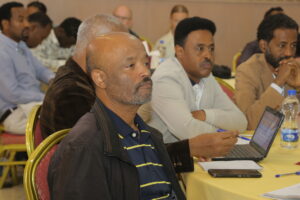
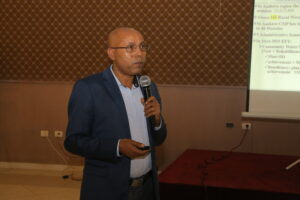
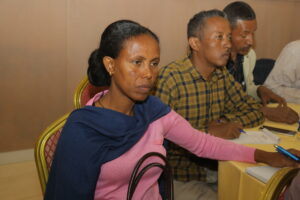
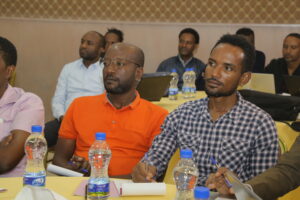
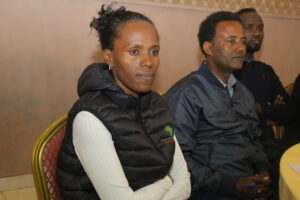

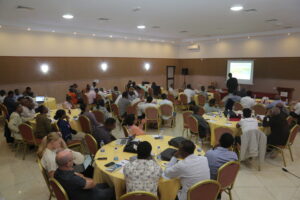
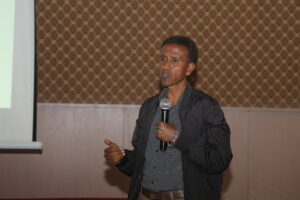
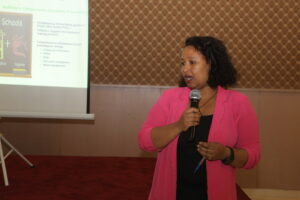
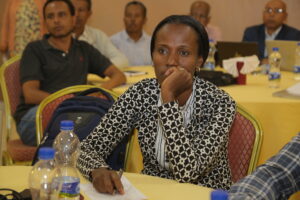


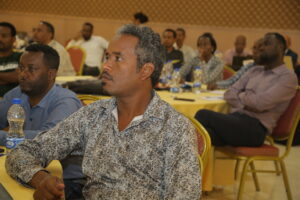
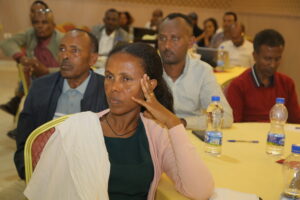
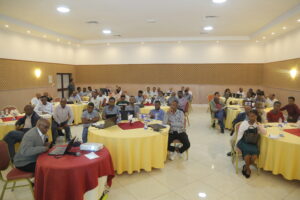
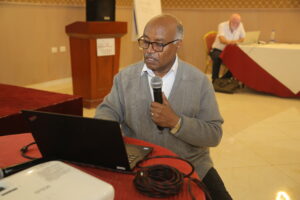
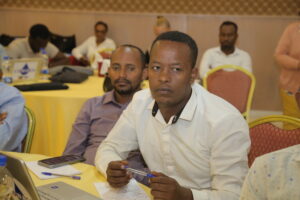
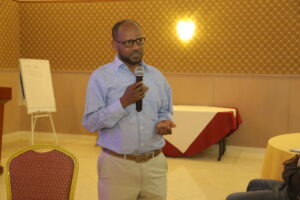
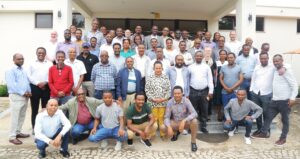
Girls in Central Ethiopia Thrive with the COWASH IV Menstrual Hygiene Management Center
A simple solution is making a big difference for girls’ education in Central Ethiopia. In EFY 2015, the Community-Led Accelerated WASH (COWASH IV) project constructed a Menstrual Hygiene Management (MHM) center at Fofa General Secondary School, Central Ethiopia Region, which has a student body of 1,084 with 462 of them being girls. This four-room haven offers a resting room, bathroom, waiting area, and counseling rooms. Today, the project celebrates the MHM center’s remarkable success in empowering girls and promoting educational equity.
Prior to the MHM center’s construction, many girls faced a critical barrier to education – a lack of access to proper hygiene facilities during their menstrual cycles. This often resulted in missed classes due to pain, discomfort and embarrassment.
The MHM center provides a safe space equipped with essential supplies and privacy. This seemingly simple solution has a profound impact on students like Kalkidan Banteayehu, a 12th grader. “Before the MHM center, I missed classes due to period pain,” Kalkidan shares. “Now, I can attend school regularly and focus on my studies without worry.” Mekdes Degefu, a 10th grader, expresses similar gratitude. “Having the MHM center means I don’t have to go home to rest when I have my period. This facility is crucial for all schools.”
The impact extends beyond individual students. Dedicated teacher Zara Ali has witnessed a noticeable change in the classroom environment. “The MHM center has created a sense of relief and stability among our female students,” Zara explains. “They are more attentive and engaged in learning. I am incredibly grateful to COWASH IV for building this center. Their initiative to expand the MHM program to other schools is commendable.”
Meaza Kebede, gender and disability inclusion specialist at COWASH IV, praises the Fofa MHM center as an exemplary facility. It adheres strictly to the Ministry of Education’s design guidelines, ensuring a functional and accessible space. The center is always open to provide support to students, with a dedicated counselor readily available. Meaza also commends the school for creating a welcoming environment that encourages girls to utilize the facility. These combined efforts will undoubtedly contribute to achieving the program’s goals, she emphasized.
While initial use of the MHM center was a challenge due to cultural stigmas, Zara and a few brave students who used it from the beginning championed awareness creation. Now, these efforts along with the ongoing MHM awareness campaigns within the school, many girls are embracing the facility. During a visit to the MHM center in late March, Meaza Kebede was impressed by the girls’ comfort and enthusiasm in using the facility. This positive observation, Meaza noted, is a testament to the growing awareness surrounding menstrual hygiene management among the students.
COWASH IV’s commitment goes beyond Fofa. Since the program’s inception, the project has constructed 19 MHM centers across 16 project Woredas, following the design provided by the Ministry of Education. Aiming to further expand this initiative, COWASH IV is carrying out an assessment in different project regions.
The COWASH IV MHM program goes beyond just building centers. The initiative includes creating awareness through MHM training and reusable sanitary pad production workshops for teachers across project regions. Additionally, comic books and brochures on menstrual hygiene management have been distributed to schools.
The success of the Fofa MHM center serves as a powerful example of how addressing basic needs can significantly improve educational attainment for girls in Ethiopia. By addressing menstrual hygiene needs and promoting menstrual health education, COWASH IV is empowering girls to stay in school and reach their full potential.
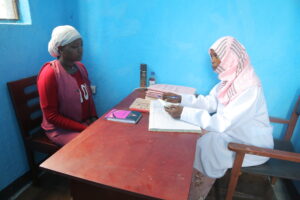
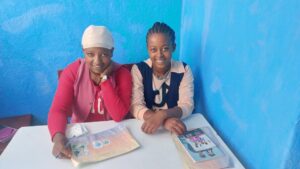
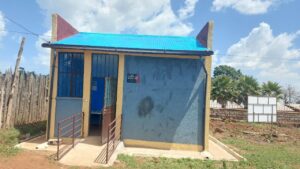
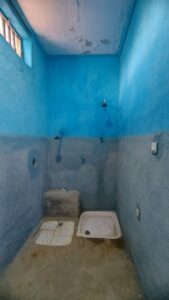



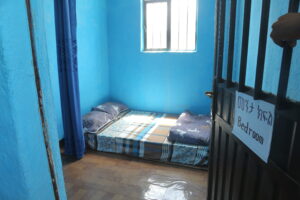
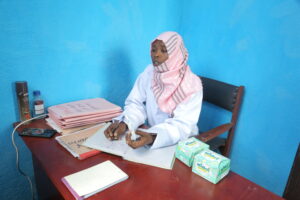
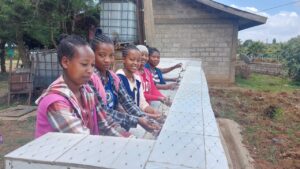
COWASH IV First Regional Support Unit Knowledge Sharing Workshop Held in Hawassa
COWASH IV provided a four-day Training of Trainers Workshop in Tarcha town in South West Ethiopia People’s Region.
Approval of 2015 Regional Reports
Today, the 22nd of August, all seven COWASH IV regions joined for a Joint National/Regional Steering Committee meeting in Addis Ababa.
In the meeting, all the Annual Performance Reports for Ethiopian Financial Year 2015 from each region were approved. With this approval, the funds from the Govenment of Finland for Q1 and Q2 can now be distributed to the project regions. This means that the money from Finland is distributed to the project regions five to six months earlier than last year.
At the end of the meeting, the new project vehicles funded by the Ministry for Foreign Affairs of Finland were handed over by Ambassador Asfaw, State Minister of Water and Energy, Lari Peltonen, Embassy of Finland, Deputy Head of Mission, and Sami Frestadius, Embassy on Finland, Senior Specialist, for the Regional Support Units in each region. These vehicles will help to better facilitate the implementation of WASH development in the rural Woredas of Ethiopia.
Collaborative Action for Sustainable Water and Sanitation: Amhara COWASH IV Steering Committee Meeting in Bahir-dar
On 4 November 2022, the Amhara, COWASH IV Steering Committee meeting held in Bahir-dar involving representatives of the Bureau of Finance, Bureau of Water, and Energy, Bureau of Health, Bureau of women, Youth and Children, Bureau of Education, and members of the Embassy of Finland to Ethiopia. Representatives of the COWASH IV Federal Technical Assistance Team attended in an advisory capacity.
The Steering Committee held a wide-ranging discussion on the 2014 EFY performance report and the 2015 EFY Core Plan of the project in the region with particular reference to the need for scheme sustainability.
Currently, it is known that after holding a meeting of the steering committee of all six COWASH IV regions, they have approved their 2014 fiscal year performance report and 2015 plan and are ready to start implementation.
@ ANRS Water and Energy Bureau



